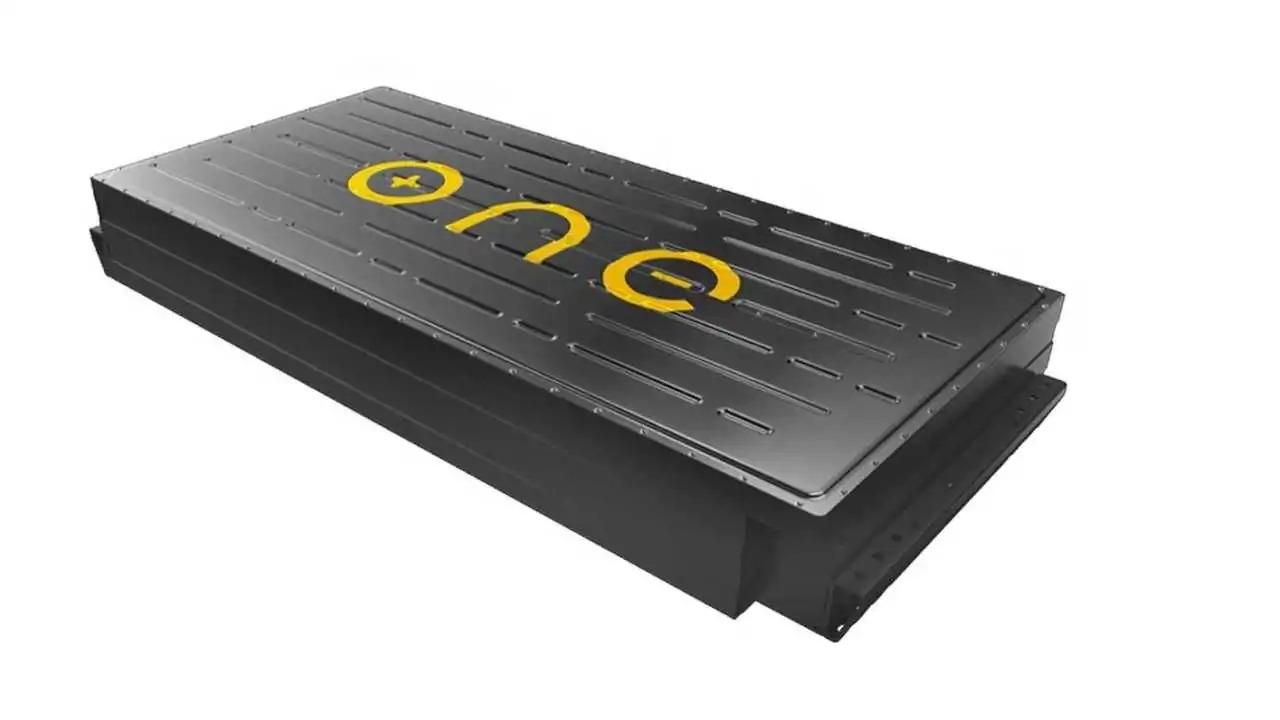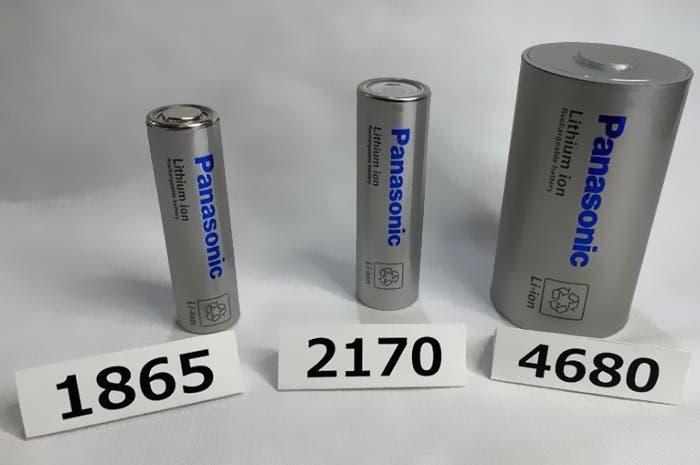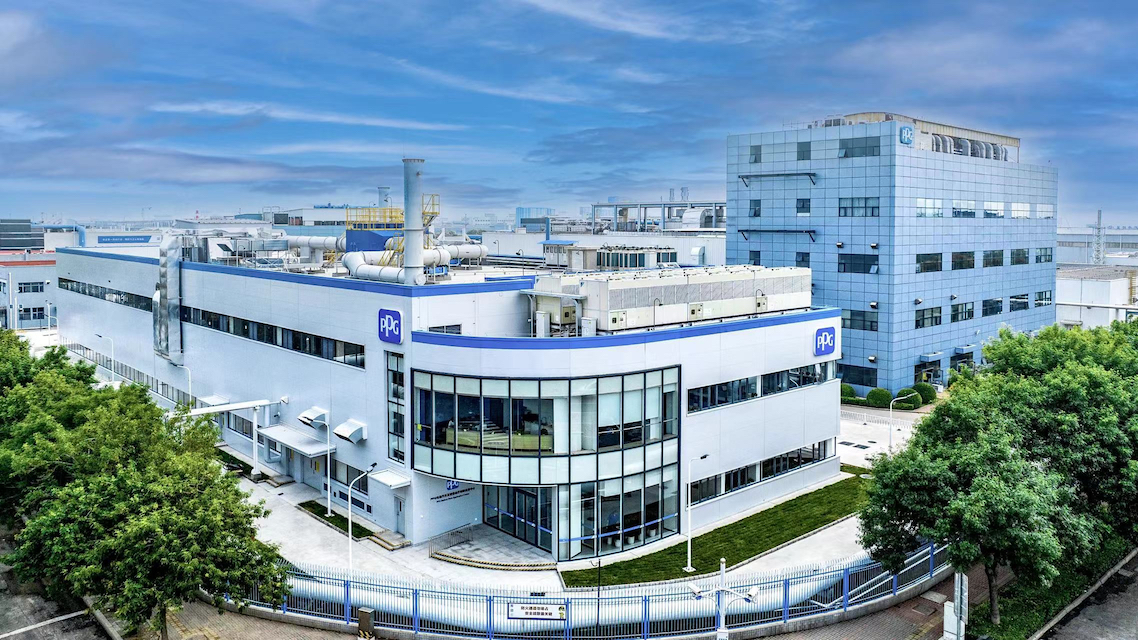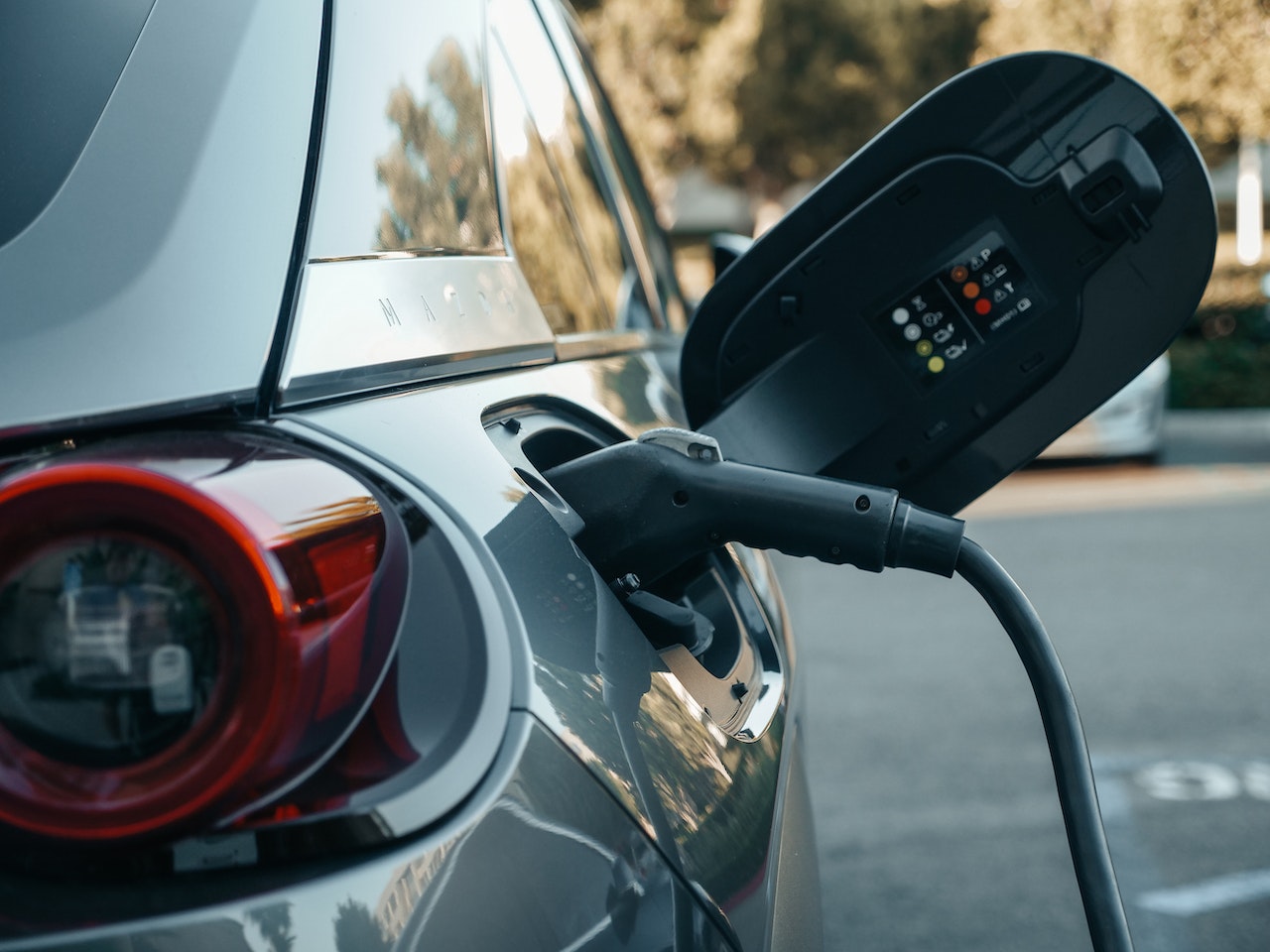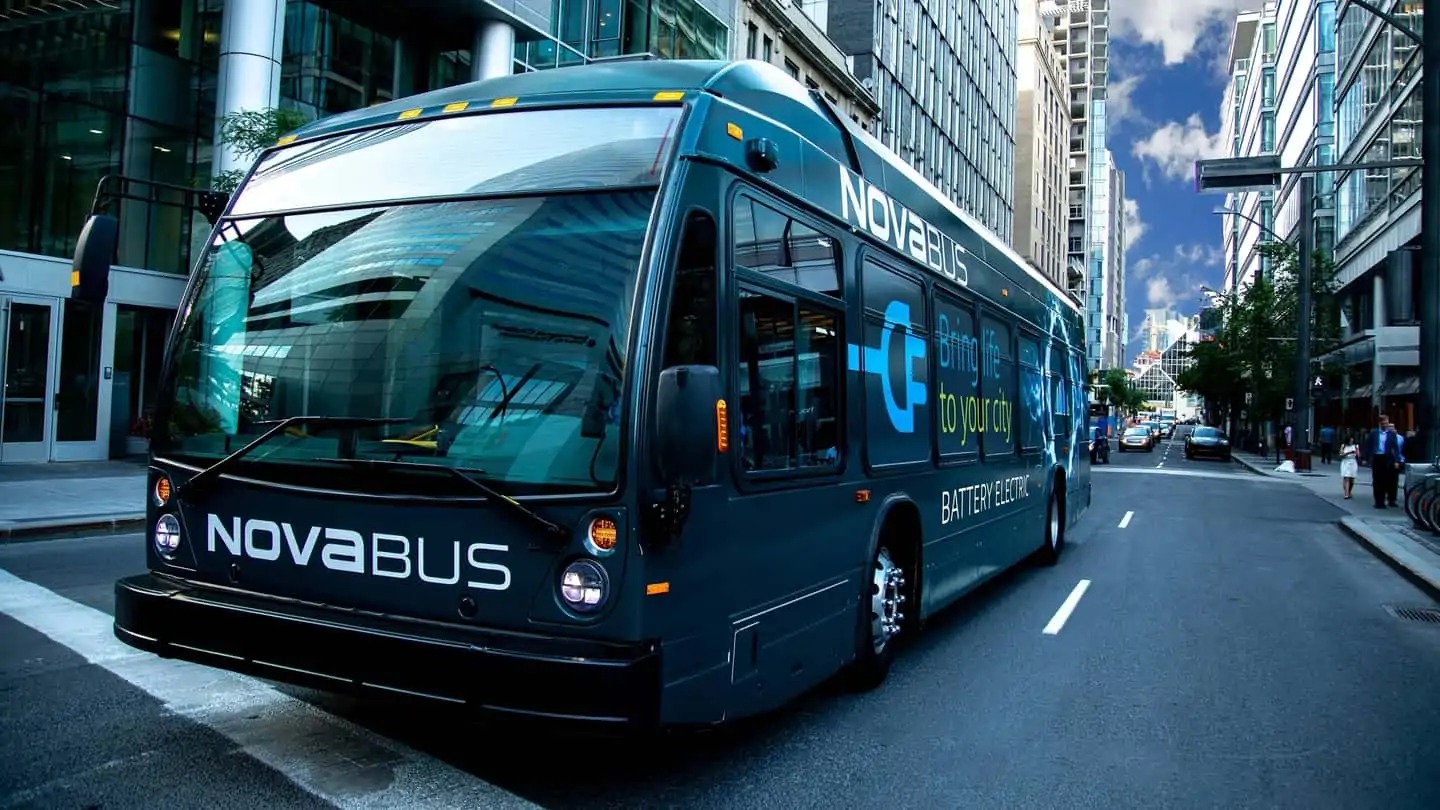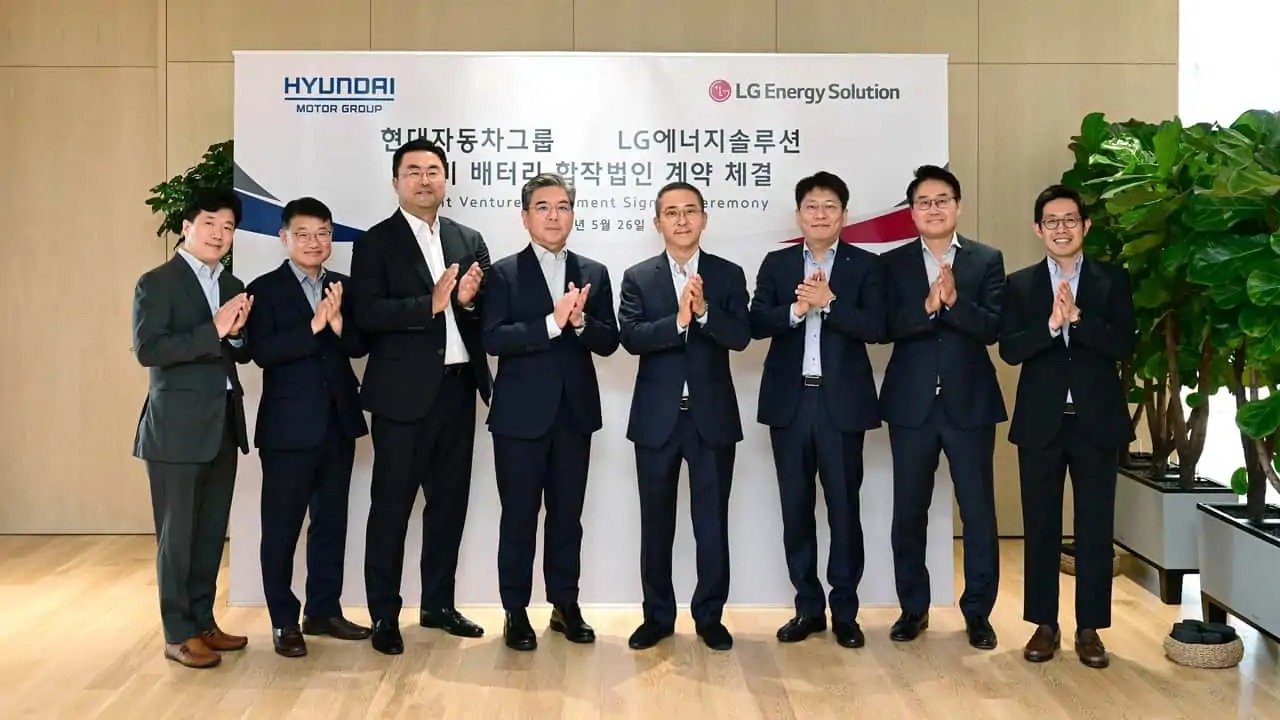Michigan-based Battery Technology Company, Our Next Energy (ONE), is advocating for the use of two battery packs in electric vehicles (EVs) as a means to achieve longer ranges. Collaborating with BMW, ONE is incorporating its dual-chemistry battery, known as Gemini, into BMW’s iX electric SUV. The latest information sheds light on the potential benefits of ONE’s patented technology.
Gemini, with a capacity of 185 kilowatt hours, boasts an impressive claimed range of 600 miles. The battery consists of a smaller lithium iron phosphate (LFP) unit for daily driving, offering 150 miles of range, and a larger range-extending battery capable of 450 miles, which activates during longer journeys. ONE’s larger battery, although its exact chemistry remains undisclosed, is anode-free and utilizes a significant amount of North America’s abundant materials such as manganese, reducing the reliance on nickel, graphite, and cobalt. This reduction in materials not only decreases the risk of thermal runaway but also lowers costs and simplifies manufacturing.
Aside from the technical advantages, eliminating cobalt from EV batteries carries ethical significance. The majority of cobalt supply, an expensive resource, originates from the Democratic Republic of Congo, where concerns about illegal child labor persist. The reliance on nickel and copper as by-products for cobalt supply complicates expansion plans, while China dominates refined cobalt output, contradicting local sourcing requirements for tax credits under the Inflation Reduction Act.
To address these issues, ONE aims to focus on materials readily available in North America. The company’s anode-free cells boast an impressive energy density of 1,007 Watt-hours per liter, nearly double the industry average.
By eliminating the anode component, responsible for charging times and typically containing graphite or silicon, ONE’s technology enables improved energy density and potentially prevents overheating, which has caused recalls in the past.
CEO Mujeeb Ijaz anticipates that the new battery technology will be cost-competitive, with an estimated price of approximately $50 per kilowatt hour of storage, compared to around $75 for LFP and $115 for NMC chemistries.
Having secured $65 million in funding from BMW i Ventures in June 2022 and an additional $300 million in a series B funding round in February 2023, ONE’s valuation now exceeds $1 billion.
Although the BMW iX with the dual-chemistry battery has yet to undergo testing, it presents an intriguing prospect in terms of real-world performance and whether it can achieve the advertised 600-mile range. As of now, the Lucid Air Grand Touring holds the title for the longest-range EV, with an EPA-estimated range of 516 miles.

